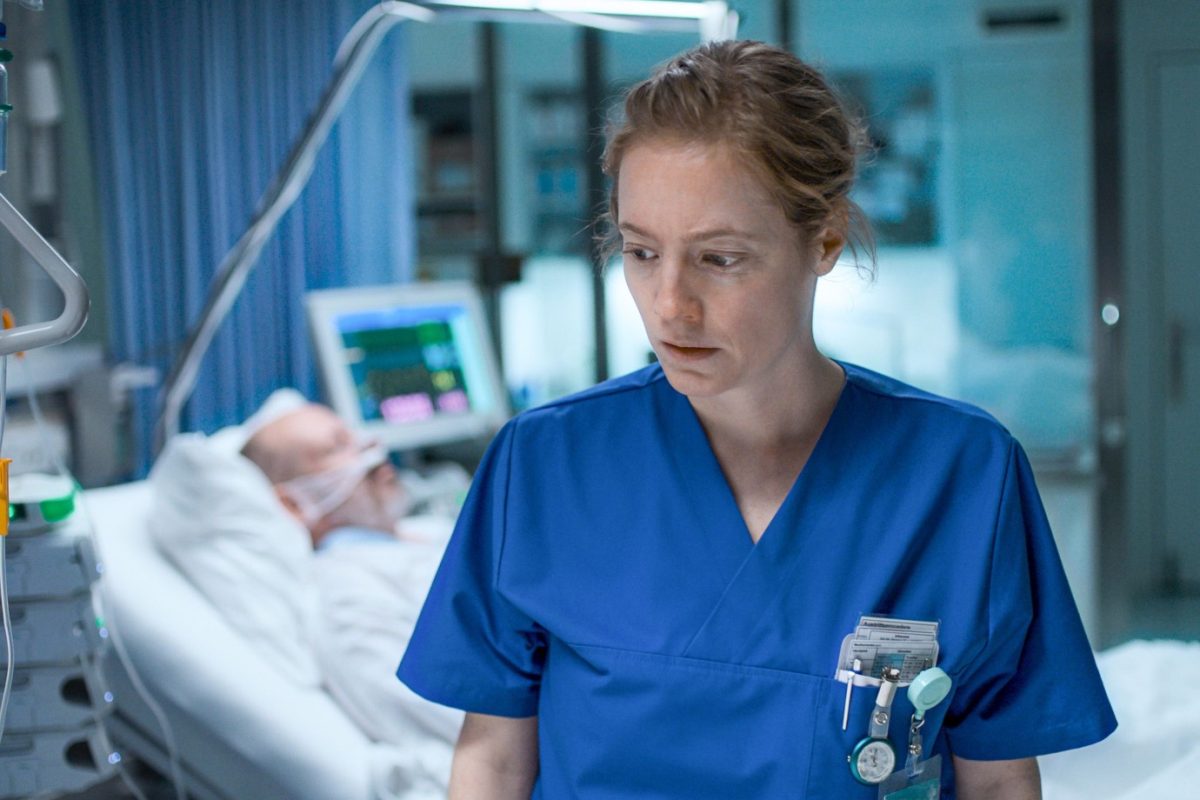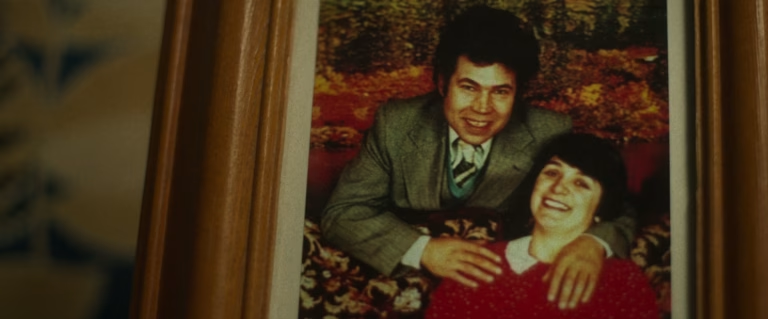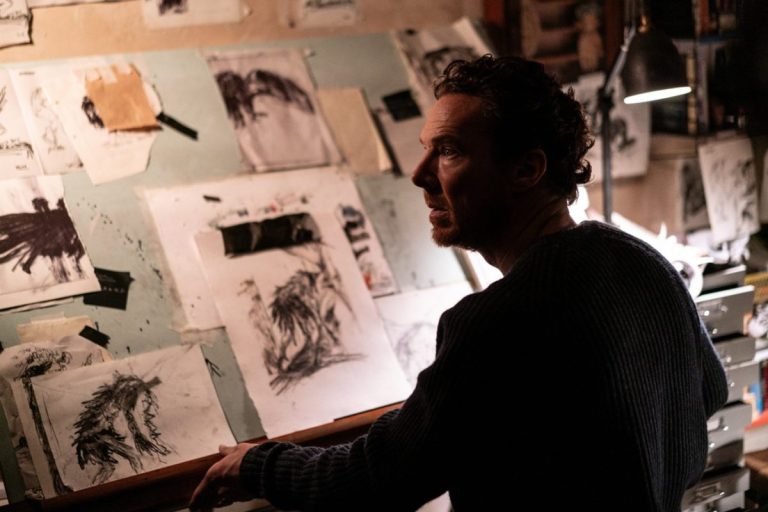Petra Biondina Volpe’s “Late Shift” (Heldin, 2025) straddles the line between being a Ken Loach-like humanist drama and an anxiety-inducing one. The film borrows Loach’s approach in following the plight of working-class characters with utmost compassion. Loach’s films depict their struggles while exposing the institutional rot affecting their lives. Even in mundane situations, Loach portrays their strength and courage with sincerity and balances depth with sentimentality. Unlike his work, largely driven by the character’s innate urge to revolt against a powerful system, Volpe’s film is more plot-oriented, with a classic dramatic structure.
“Late Shift” presents all its events leading to a dramatic crescendo in a familiar manner, as tensions gradually rise to a character’s eventual outburst around the time one would expect it to happen. In that context, it feels similar to recent workplace dramas that build similar momentum with palpable tension. While not situated in a workplace environment, the Safdie brothers popularized this style of pressure-cooker dramas, later sharpened through shows like “The Bear.” Their action thrillers relied more on a string of adrenaline-chasing escapades for the tension, while “The Bear” relied largely on the characters’ internal turmoil.
Despite a similar emotional arc, Volpe’s film is more about the external forces that prevent its characters from achieving their wants or needs. So, instead of a self-imposed burden of perfectionism, the conflicts in “Late Shift” are rooted primarily in systemic issues that seep into the everyday lives of its medical professionals.
In this case, we witness the effect of these issues through the eyes of Floria Lind (Leonie Benesch), a nurse working tirelessly in an understaffed ward of a Swiss hospital. The staff shortage leads her to be in charge of multiple patients at once instead of being able to delegate some of her duties to another nurse. That’s why she is forced to multitask between situations that require a dedicated staff member.
Much of Volpe’s film shows Floria dealing with these patients, while the pressure gradually piles up on her. The script presents her as a deeply caring individual, as one would expect from someone in her profession.
Yet, her concern doesn’t seem to be a part of professional obligation. Instead, she seems genuinely satisfied with the act of helping others. She treats her patients as if they are her friends or family members, not because she has been told as a part of her job, but because she truly means it. It becomes evident from moments when she argues on behalf of patients waiting for their test results for hours. So, her high expectations of herself burden her beyond what the hospital expects from her.

The remaining pressure comes from patients, who appear highly demanding. Some of their concerns seem valid, while the rest may seem far-fetched. Since we see it all unfolding through Floria’s eyes, our blood boils when someone criticizes her about things beyond her control or troubles her simply because they take her service for granted. So, Volpe succeeds in presenting this medical drama as a subjective experience, thus allowing us to feel the soul-crushing pressure in similarly demanding professional environments.
The film can resonate with anyone who has been forced to be accountable in such cases without having real decision-making power. However, with Floria’s job being directly tied to life-or-death situations, it leads to a burnout unlike anything else. Leonie Benesch seamlessly portrays the grueling stakes in Floria’s life during all the hours in her late shift, filled with moments where she is on the verge of a breakdown.
Before this, the actress starred in “The Teachers’ Lounge,” a similarly intense project where almost every event tests her character’s patience. This time, instead of tantrums of school-going kids and their parents, her character faces concerns of her patients who cannot be reasoned with.
In line with this, Volpe uses Floria’s concern and dedication for its drama that feels organic even when it leans on known tropes of medical drama. The credit goes to Benesch’s highly committed performance, who makes Floria’s heartfelt nature seem genuine, not an act put on out of courtesy, while balancing its tenderness with a professional conviction.
Volpe turns Floria’s journey into a deeply absorbing experience, using the mildly lit, clinical hallways into what seems like a haunting battlefield. That is quite challenging, since her setting doesn’t naturally evoke urgency the way the emergency ward in “The Pitt” does. She deserves all the praise for carving out a similarly unnerving experience where the nurses rarely receive a moment of respite.
The film, however, stays limited to being a compelling representation of the lives of Swiss nurses. It misses the mark with its core motive of registering the importance of the lack of nursing staff in Swiss hospitals, since it merely hints at the effect of systemic issues through Floria’s journey, but rarely speaks about the institution or its representative/s who should be held accountable. So, while being an immersive thriller, “Late Shift” feels rather vague and blunt in its approach as a socially conscious drama about a real-life crisis.







